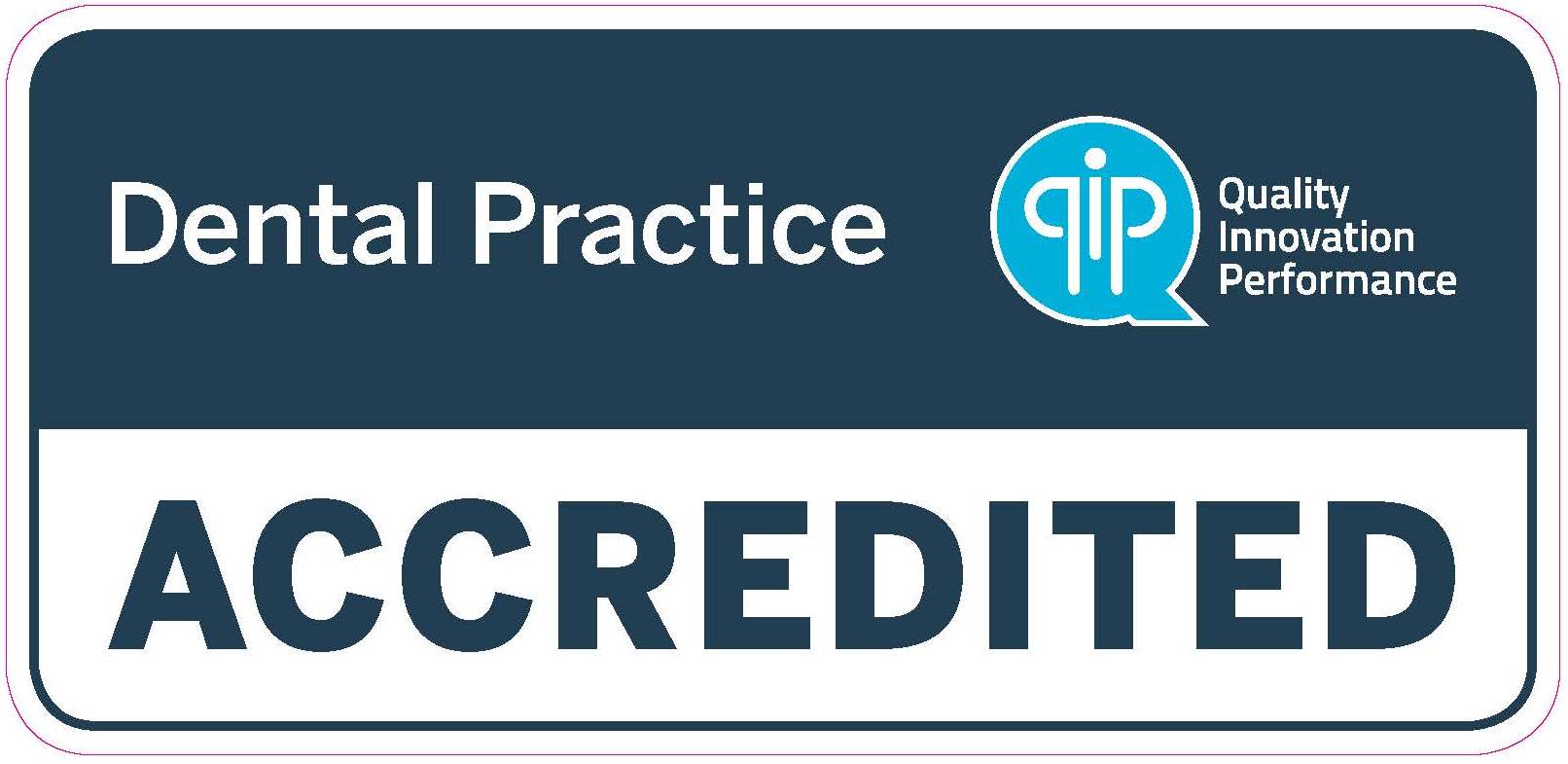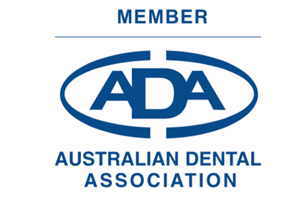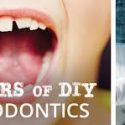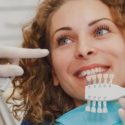Dental X-rays are a useful diagnostic tool to help your dentist detect damage and if you are a new patient, the dentist may recommend X-rays to determine the present status of your oral health and have a baseline to help identify changes that may occur later. If a previous dentist has any radiographs of you and they are current, your new dentist may ask for copies of them to avoid you having to have more. Ask us to help you with requesting a copy of your X-rays from your previous dentist. A new set of X-rays may be needed every 2 years (more often if you are susceptible to decay or gum disease) to help your dentist detect any new cavities, determine the status of your gum health, bone levels or evaluate the growth and development of any new teeth coming through.
Why do I need x-rays if I am not in pain?
Tooth decay can be sneaky – it doesn’t tend to show visible signs to the eye of its presence early on. X-rays are an important diagnostic tool that allows your dentist to detect if you have tooth decay, or if you have any problems such as infection around the roots of the tooth, or bone loss. Spotting it early means your dentist can deal with the problem before it becomes a significant issue.
There are a few different types of x-rays that can be taken depending on the conditions that you present with. The decision to take an X-ray, and the type of X-ray taken, will be influenced by such things as your past and present oral health, an examination of your mouth, your age, risk of disease and any early symptoms of oral disease.
Are x-rays safe?
Regardless of whether you’re a child or an adult, X-rays are safe to be taken of the inside and outside of your mouth. The amount of radiation involved is extremely low, and is equivalent to the same radiation exposure you would receive on a 1-2 hour flight from Brisbane to Sydney. This means that even if you’re pregnant you can have X-rays taken, although we generally try to avoid x-rays during pregnancy unless absolutely necessary. If absolutely necessary to be taken in pregnancy we use a lead lined apron and thyroid collar to protect you your baby from radiation exposure
A lot of patients ask us why we still leave the room when an x-ray is taken. The reason for this is that we are taking lots of x-rays all day long and stepping out of the room limits our ongoing exposure to radiation.
What can dental X-rays detect?
• Small areas of decay between teeth that are not visible in the mouth
• Problems with existing fillings, root canals, crowns or bridges
• The presence and severity of gum disease
• Abscesses or other sorts of infections
• Tooth development issues such as malformed teeth, extra or missing teeth etc.
• Cysts and some types of tumours
• Traumatic injuries such as tooth and bone fractures
• Proximity of teeth to nerves and sinuses
• The development of wisdom teeth and if there is a need for them to be removed







